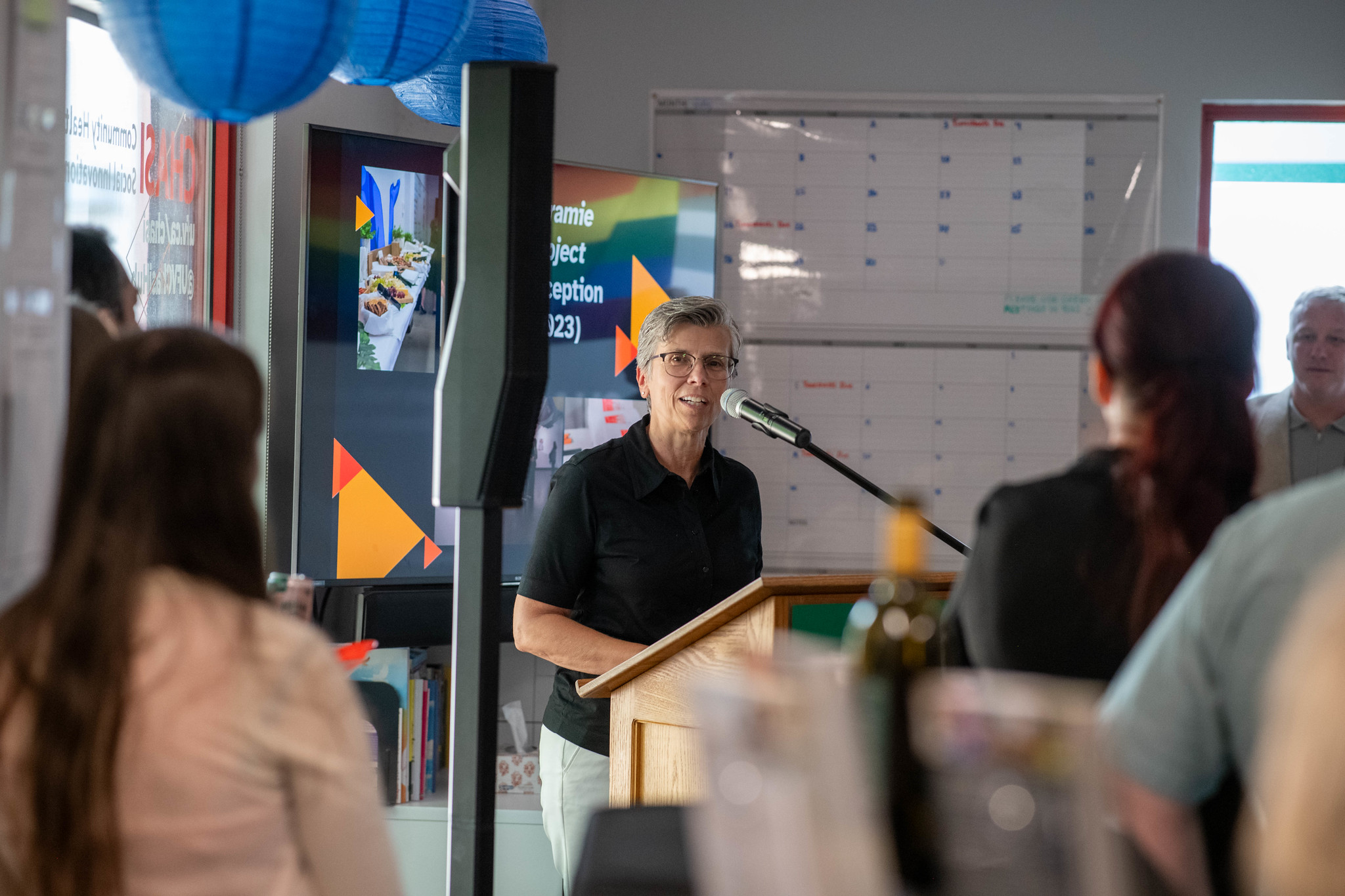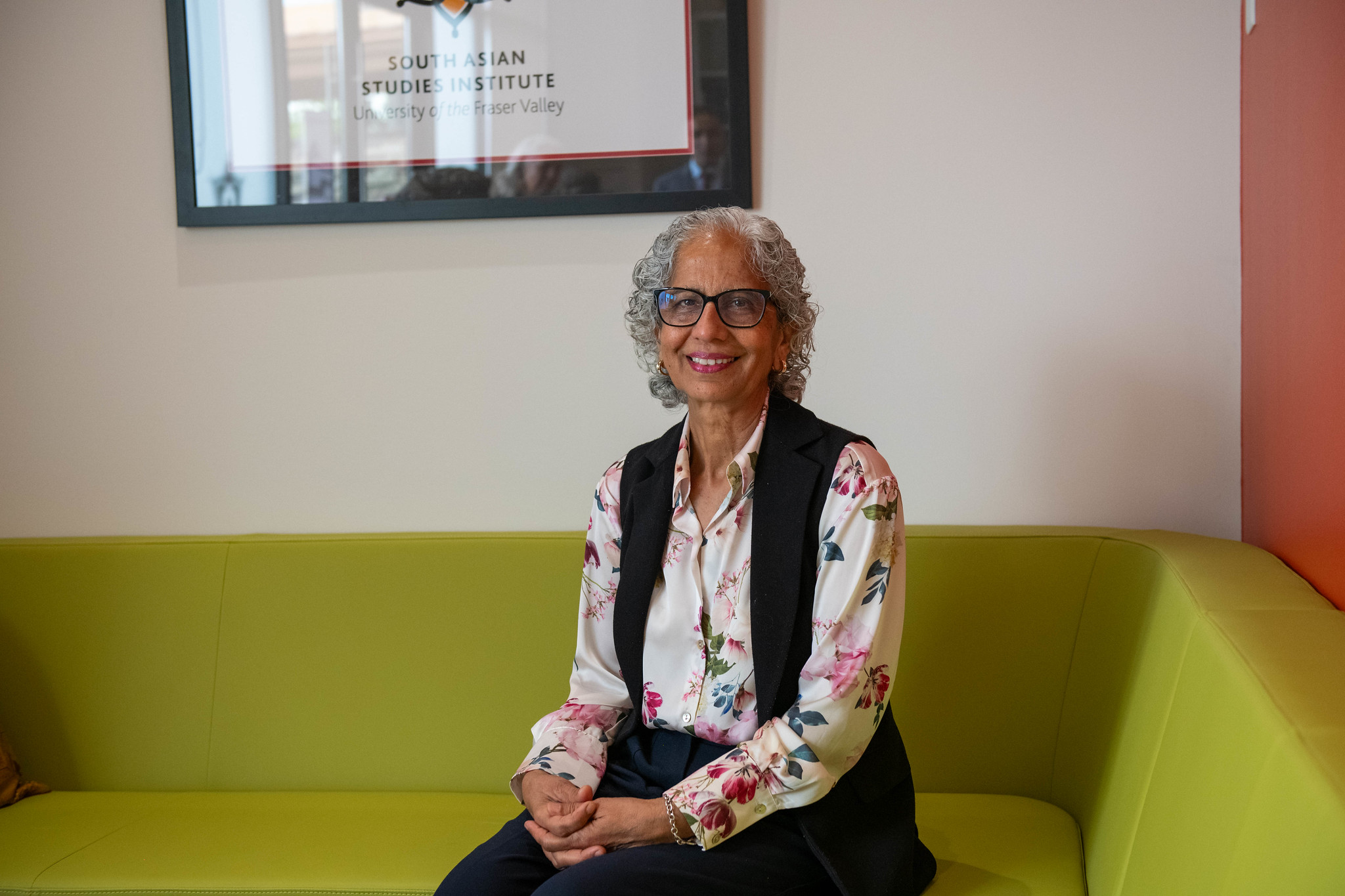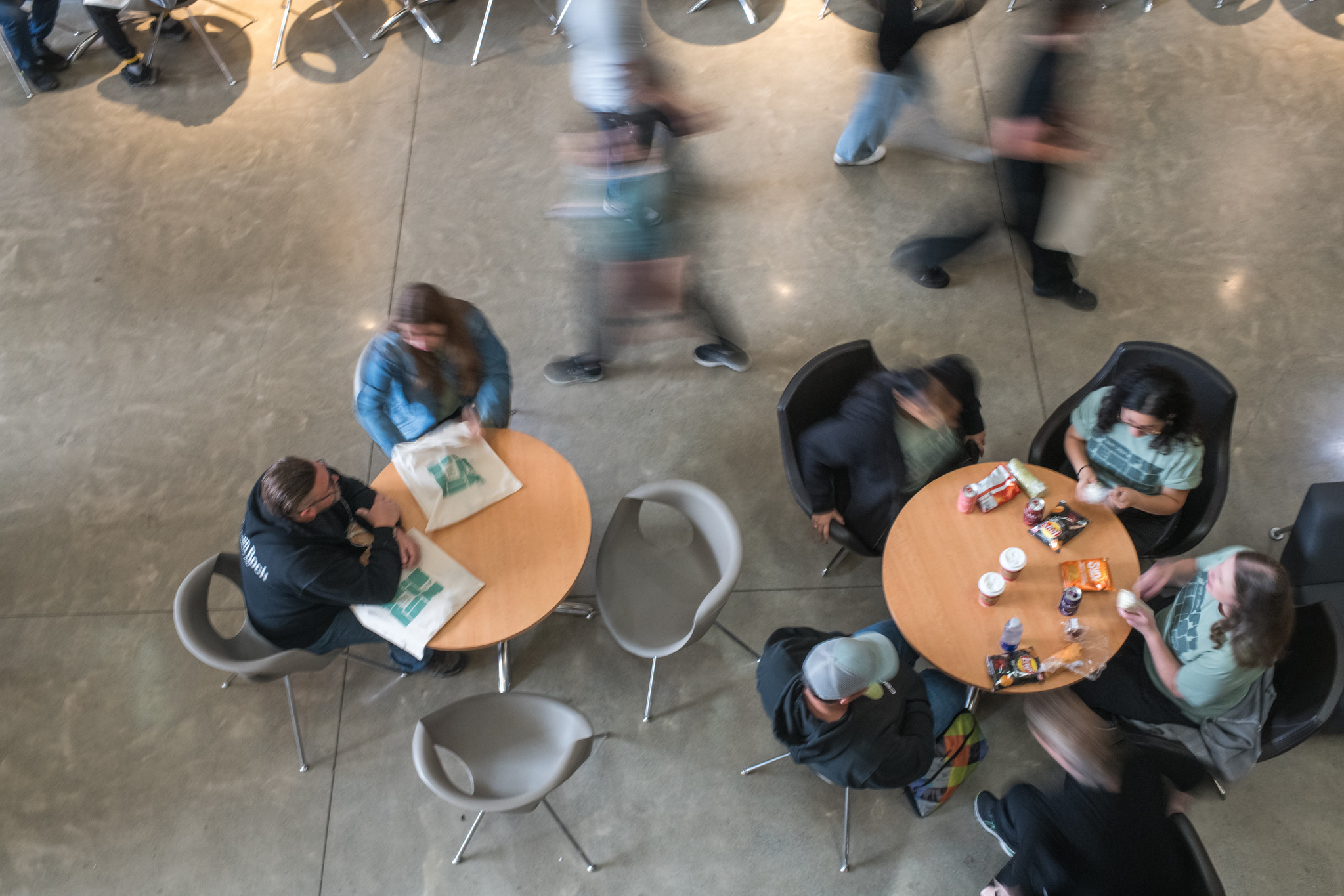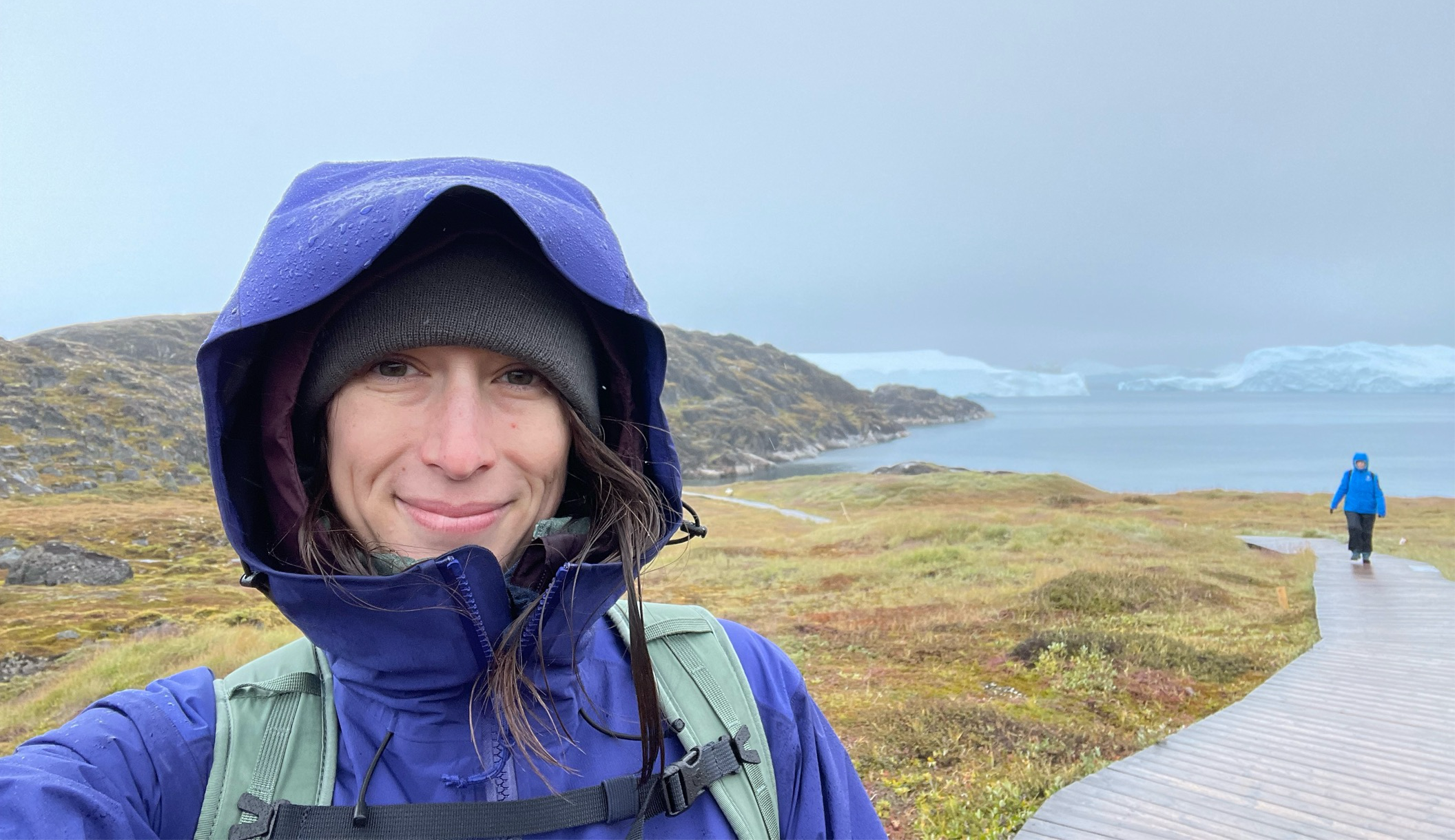UFV brings in-person university classes to federal prison
A two-year-long partnership between Abbotsford’s Pacific Institution and the University of the Fraser Valley is bringing higher education to inmates, preparing them for life after incarceration.
The success of an initial guest lecture series by UFV professors revealed a strong demand for further educational offerings; in response, there are now two UFV courses available for credit there. Until now, residents of the federal penitentiary had access to distance courses, but no in-person classes. This initiative represents the first of its kind.
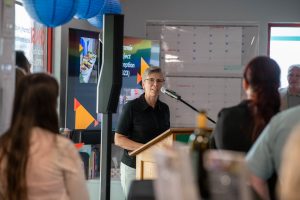
“UFV is saying, how can we work inside the institution to support what is central to our mandate: providing post-secondary education with improved access? Think of this population with actual walls between them and UFV; we wanted to do all that we could to break those down a bit,” says Dr. Martha Dow, Director of UFV’s Community Health and Social Innovation (CHASI) hub.
As one of the founders of this initiative, she’s been moved by the overwhelmingly positive response from the students. For her, education is a vital component of social justice — she describes the experience as transformative for all involved.
“The students talked about feeling respected, feeling they were treated as citizens in society. They just want to be good citizens. They want to figure out: how do they give back to society? They know they’re going to get out and they want to be productive members of society. They recognize that education is a critical aspect of that.”
Dr. Brett Pardy, Associate Professor in the School of Culture, Media and Society, was one of the UFV educators teaching classes inside the institution. His Introduction to Digital Media and Communications course taught twelve students how to examine media in all its forms, as well as the political, social, cultural, economic, legal, and geographic factors that shape them. For the first time, he was teaching these concepts to students with no access to the Internet — some of whom had been in prison for decades, with only TV as their window to the outside world.
He appreciated how inquisitive and engaged his students were. They were curious about varied subjects like AI, cryptocurrency, the ubiquity of Taylor Swift, and the commodification of news media.
“I think this initiative can help destigmatize people in prison, because society is not very good at helping people reintegrate after they’re in prison,” says Brett. “When you get to meet them, you realize that they have a lot of potential and talent to give back to society and we should talk about that.”
After the class ended, each student was given a certificate of completion at a special ceremony held at Pacific Institution. One student noted how he watched the news on TV with a more critical eye now.
“He said he was paying attention to how long they talked about certain things. What things led? What things were buried? It made him really start to think about societal values,” Martha remembers.
This initiative is an example of changemaking at work. Bringing education to students who are incarcerated required greater institutional flexibility and responsiveness than ever, Martha says.
“There was a will and an excitement to try and figure it out. What we’re already seeing is both Corrections Canada and UFV trying to figure out what else we need to change, adapt and address to make sure these opportunities continue to be available — and, in fact, expand.”
As UFV continues to innovate and provide more equitable access to transformative education, our community is part of a larger global push for social justice. After all, progress can’t be made while denying human rights to our most marginalized populations.
“I think the most critical part of changemaking is what these students said,” Martha muses. “Which is, ‘I want to be a citizen while I’m inside and when I’m out in my community. Education allows me to be a better citizen.’ I would argue that’s getting that systemic change at its most central space.”


